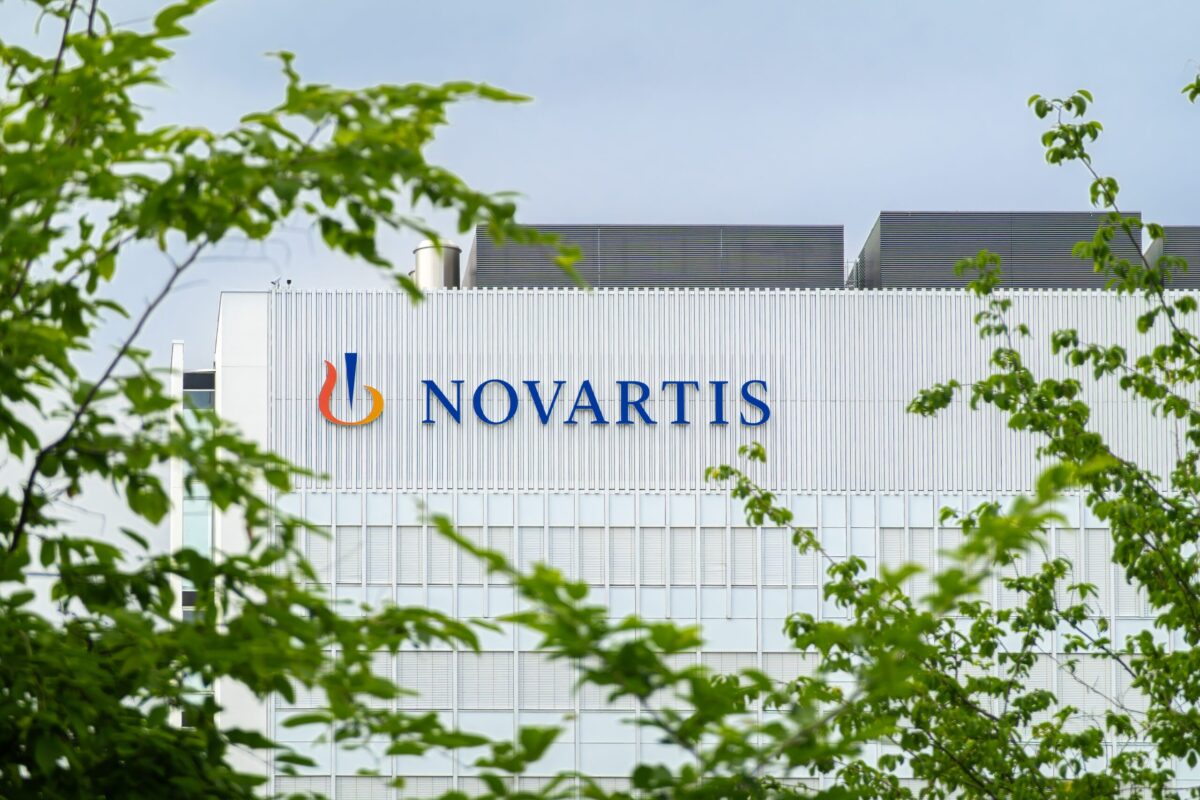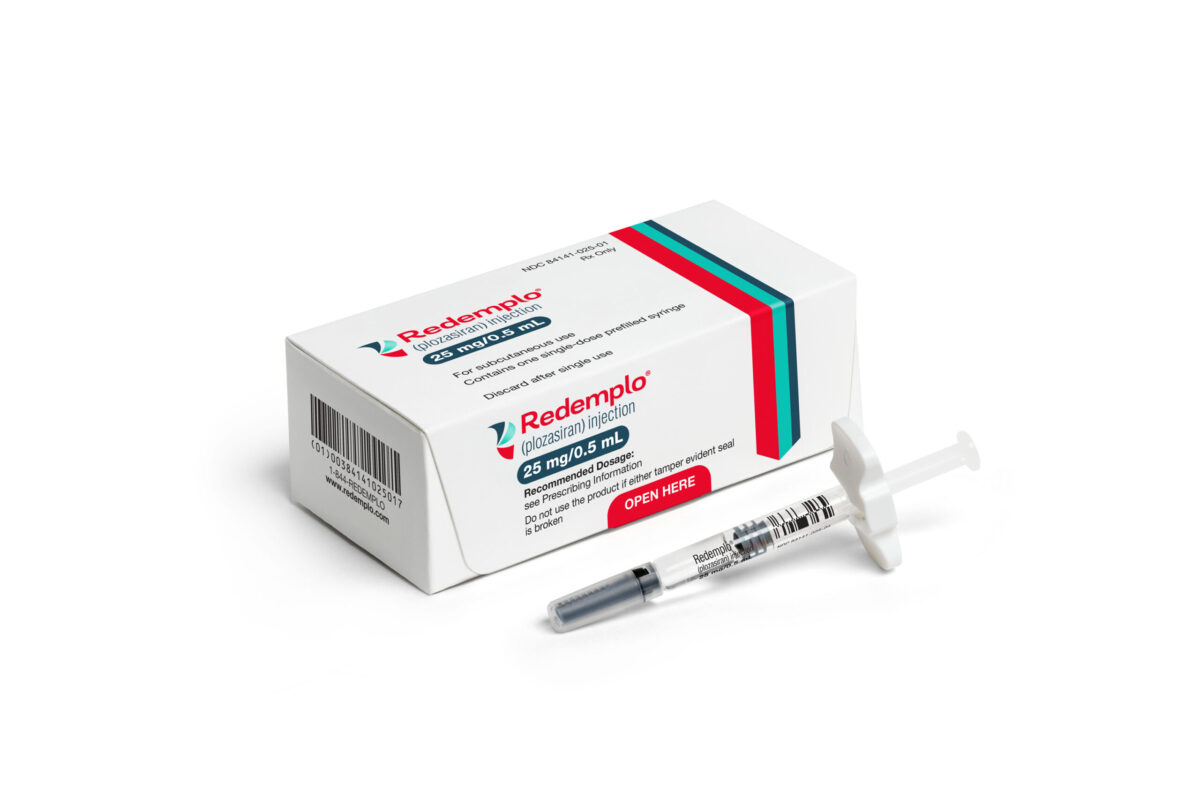Specialty biopharmaceutical company, Shire, believes data from its recently-completed Phase III trial for the experimental eye drug, lifitegrast, will allow the company to apply for Food and Drug Administration (FDA) approval early next year. Lifitegrast – described by Shire as a blockbuster eye treatment – was rejected by the FDA earlier this month.
The pharmaceutical in question is a small molecule drug designed to disrupt the immune processes that lead to dry eye disease. Lifitegrast was acquired by Shire in 2013 following its $160 million acquisition of SARcode Bioscience.
Citing the drug’s previous failure to meet both of the primary endpoints of its first Phase III clinical trial, the FDA told Shire that a new clinical trial would be necessary to prove the drug’s effectiveness. According to Shire, the new data could convince the regulators to push through approval for the dry eye drug.
Shire announced that Lifitegrast met the primary goal in the drug’s third Phase III clinical trial, in approximately 700 participants with dry eye disease. The drug produced a statistically significant reduction in eye dryness – as reported by each patient – over 12 weeks, compared to a placebo treatment.
According to Shire, the drug was also successful at meeting its secondary goal of improving symptoms – compared to a baseline – at weeks two and six of the study. Shire plans to package the new clinical trial results along with those collected from previous trials, and submit the drug for FDA approval in the first quarter of 2016.
Shire’s management predicts that if Lifitegrast receives marketing approval, it could translate to $1 billion a year in peak sales for the pharmaceutical company. The revenue projection was made at a more stable time in the company’s history, with Shire’s CEO Flemming Ornskov declaring that the company’s current pipeline could double Shire’s sales to $10 billion by the year 2020.
In the months following that proclamation, Shire has seen its fair share of adversity. SHP625 – the company’s liver disease drug which was acquired following the buyout of Lumena Pharmaceuticals – failed its Phase II study this past April.
In an effort to cancel all future milestone payments for the failed liver disease treatment, Shire payed $90 million to Lumena’s shareholders earlier this week. Shire must now decide what to do with SHP625 – along with an additional related asset – which they previously believed could have raked in $2 billion a year in sales.
To further complicate matters, Ornskov has set his sights on the controversial acquisition of Baxalta for $30 billion in stock. Though Shire says the buyout would add $20 billion in revenue to the company by 2020, Baxalta continues to reject what they call a “low-ball” offer, amongst investor uncertainty in regards to the proposed deal.
Sources:
- Shire says its once-rejected eye drug is back on track with a Phase III success – http://www.fiercebiotech.com/story/shire-says-its-once-rejected-eye-drug-back-track-phase-iii-success/2015-10-27












Join or login to leave a comment
JOIN LOGIN